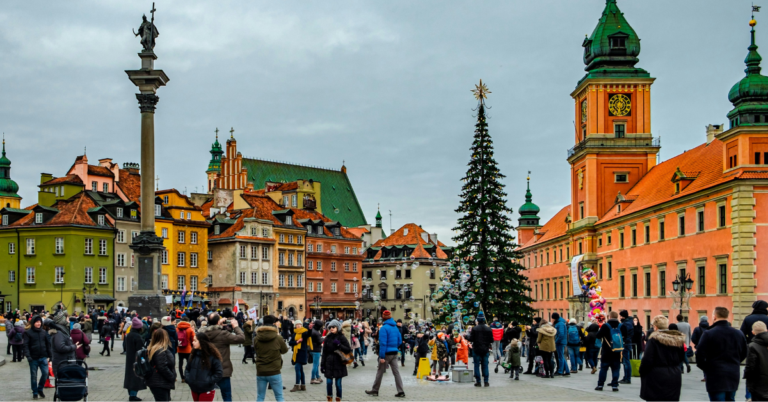The Real Ups And Downs Of Living Abroad

New horizons often shimmer brighter than familiar ones. There’s something magnetic about packing up and starting over in a place that doesn’t speak your name—yet. But the dream carries weight, and every passport stamp tells more than one story. This article unpacks the layered realities, both positive and negative, behind making life work far from home. Let’s start with the positives.
Lower Cost Of Living In Many Countries

Stretching your dollars goes further abroad. In Mexico, American retirees save up to 50% on housing and healthcare. A basic meal in Portugal may only set you back $10, while Ecuador offers city rentals for $300 a month. Moreover, budget-friendly hotspots like Vietnam and Colombia offer everyday comfort without high costs.
Access To Universal Healthcare

Access to affordable healthcare is a major perk in many popular expat destinations. Countries like Spain, Germany, and Taiwan offer high-quality medical care at a fraction of the cost. In Taiwan, clinic visits often run between $10 and $20 with minimal wait times. Over 30 nations now provide free or heavily subsidized care to legal residents.
Exposure To New Cultures

Daily immersion brings more than just sightseeing. Cultural traditions and local customs become part of your routine. According to InterNations (2023), most expats say cultural exposure reshaped their worldview. Depending on your new country, celebrations like Lunar New Year and Diwali become annual events. This adds richness to daily life abroad.
Better Work-Life Balance

Healthier work rhythms define life overseas. Europeans enjoy 20–30 vacation days annually, a big jump from America’s 10. Legal mandates in places like the Netherlands support flexible hours, while Spain and Denmark promote low-stress routines. For many Americans abroad, the shift brings long-overdue balance to daily schedules.
More Affordable Education

Higher education doesn’t always carry a hefty price tag. In Germany and Norway, public universities charge little to no tuition, even for foreigners. France, for example, keeps annual public tuition under $500. Accredited international schools abroad also provide bilingual education at a fraction of U.S. private school prices.
Chance To Learn A New Language

Living abroad often fast-tracks language learning just through daily life—ordering food, chatting with neighbors, or navigating transit. Studies by the NIH link bilingualism to better brain function and delayed cognitive decline. Beyond the mental perks, knowing the local language helps build stronger connections and makes everyday tasks feel less like puzzles.
Increased Career Opportunities

Living abroad can give your resume a serious boost. Global companies value international experience and multilingual skills. Countries like Estonia and the UAE actively fast-track skilled professionals in tech or healthcare. Remote work visas in places like Portugal are also expanding access to cross-border career opportunities like never before.
Adventure And Travel Access
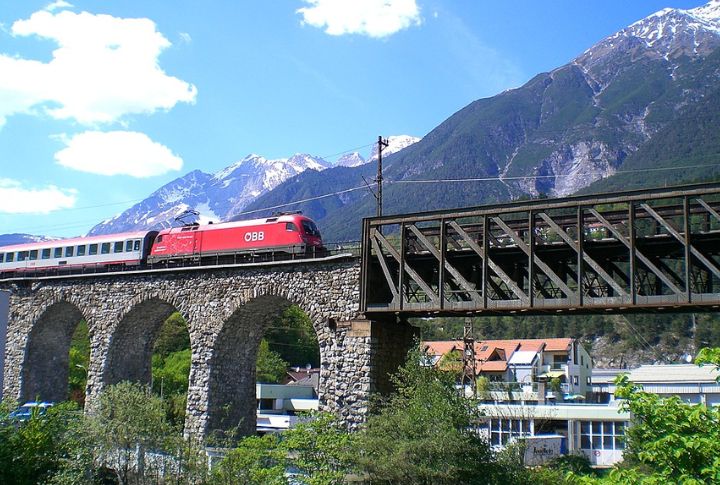
Weekend escapes become effortless in regions with dense travel networks. For instance, living in Europe means easy train hops across 20+ countries. Asia, on the other hand, offers everything from tropical beaches to megacities, all within reach. Budget airlines and local holidays make spontaneous getaways more affordable and frequent than in the U.S.
Better Weather And Climate Options
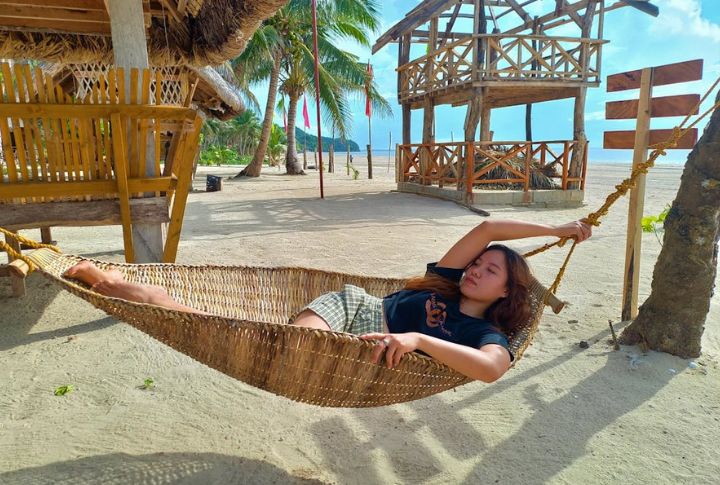
Some expats move for the sun—and stay for the sanity. Costa Rica offers steady warmth that appeals to retirees year-round, while Mediterranean spots like Greece and southern Italy promote life outdoors. For those affected by seasonal depression, longer daylight hours and brighter skies often lead to noticeable improvements in mood and energy.
Simpler Lifestyle, Less Consumerism

A slower pace comes naturally in places less driven by consumerism. In many countries, life centers on meals and shared moments. Open-air markets often replace mega-stores, while fewer material distractions encourage intentional living. This shift often improves budgeting and long-term satisfaction with daily life.
Stronger Social Support Networks
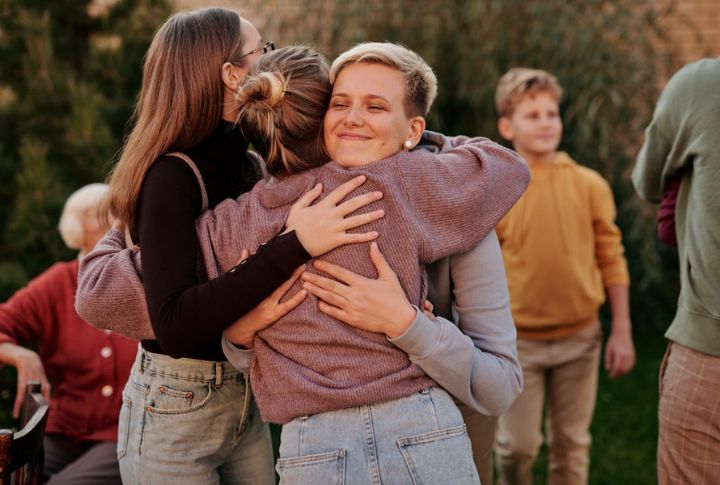
Human connection feels more immediate in many host countries. In Colombia and the Philippines, hospitality and community are deeply ingrained. Daily life includes neighborhood gatherings and spontaneous invitations. In some places where community ties come before personal schedules, your quality of life will improve.
Opportunity To Reset Or Reinvent

Starting fresh in a new country invites real transformation. People leave behind unfulfilling jobs or environments and step into roles they never thought possible. Some chase long-postponed creative goals; others just find peace. The distance gives clarity—and a push—to reshape both identity and priorities.
Richer Historical And Cultural Experiences

Living in cities steeped in history turns every walk into a lesson. Rome and Istanbul blend daily life with centuries-old landmarks and ruins. Residents often receive discounts or free access to UNESCO sites and museums. This makes cultural depth a second nature where history surrounds your routine.
Better Child-Raising Environment
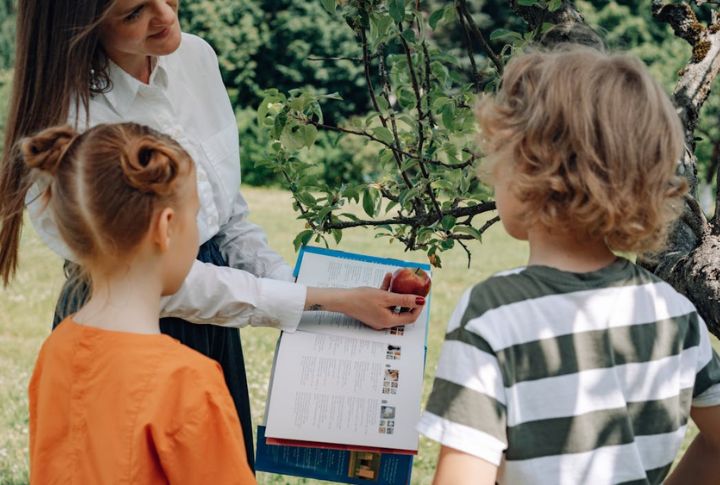
Kids growing up abroad often thrive in low-stress, safety-conscious cultures. In Scandinavia, for example, extensive parental leave and state-funded childcare support working families. Outdoor-based schooling, such as Germany’s forest schools, also enhances emotional growth. Coupled with exposure to multiple languages and traditions, they contribute to a child’s cognitive skills.
Access To Unique Foods And Cuisines

Taste becomes a passport in itself. Everyday dishes—like pho in Vietnam or sushi in Japan—are fresher and cheaper than imported versions back home. Many cultures value unprocessed, whole foods served communally. These culinary routines support both health and social connection. This turns every meal into a meaningful daily ritual.
Still, not everything about life abroad comes wrapped in perks. Here are some realities that demand compromise.
Culture Shock And Loneliness

The first few months abroad can feel emotionally jarring. InterNations (2023) found that 87% of expats reported isolation early on. Simple interactions become complex when customs and cues don’t align. Add time zone gaps and limited mental health support from closed ones, and homesickness can quietly settle into daily life.
Complicated Bureaucracy And Visas

Residency doesn’t come easily in most countries. Some people face months of document prep, legal fees, and rule changes mid-application. Work permits are often tied to one job, and flexibility becomes almost impossible. One misstep—like missing a renewal—can jeopardize your stay entirely.
Language Barriers

Language struggles go beyond the tourist level. Even with daily immersion, fluency may take years, especially with complex grammar systems. Legal, medical, community-related, and housing issues also become exhausting without a translator. Basic tasks—like getting a haircut—might take extra effort and preparation.
Financial Complications

Managing money across borders can be difficult. Exchange rates fluctuate, and conversion fees quietly eat into savings. U.S. citizens still must file federal taxes yearly, regardless of where they live, per FATCA (Foreign Account Tax Compliance Act). Setting up bank accounts can be paperwork-heavy and incompatible with some American services.
Missing U.S. Comforts

Comfort foods and conveniences often vanish overseas. Items like large coffee sizes or 24/7 stores may be rare in some developing countries. Streaming access might also be blocked due to licensing rules. Plus, holiday traditions like Thanksgiving go mostly unnoticed. These aspects add to a sense of cultural disconnect.
Healthcare Gaps For Complex Needs

Not all healthcare systems handle rare or chronic conditions well. Prescription availability varies, and some medications require substitution or shipping. Emergency transport standards can differ significantly. In non-urgent cases, waitlists may stretch for weeks—even in countries known for public coverage.
Career Disruption Or Downgrading

Professional credentials don’t always cross borders. Teachers, lawyers, doctors, and nurses need to retrain or recertify locally. Foreigners may find themselves underemployed or outside their field. Moreover, many countries restrict them from public sector roles or unionized jobs, narrowing available options.
Political Or Social Instability

Unrest in your host country can affect safety and legal standing. Changes in leadership or protests might lead to visa rule changes or travel advisories. Those in Turkey and Argentina, for example, have faced inflation or instability disrupting their lives. Restrictions on speech or movement are also a risk in some regions.
Time And Distance From Loved Ones

Time and distance from loved ones can make the connection feel complicated. Round-trip flights to the U.S. often cost over $1,000 and take a full day of travel. Special moments may be missed, and video calls only go so far. Besides that, kids raised abroad might feel distant from relatives they rarely see.
Difficulty Building Long-Term Roots

Permanent residency doesn’t always mean permanent belonging. Foreigners sometimes face limitations on property ownership in countries like Thailand. Visa renewals can be frequent and unpredictable. This results in long-term uncertainty. Even after years, expats may still be viewed as outsiders, complicating efforts to settle or retire locally.

